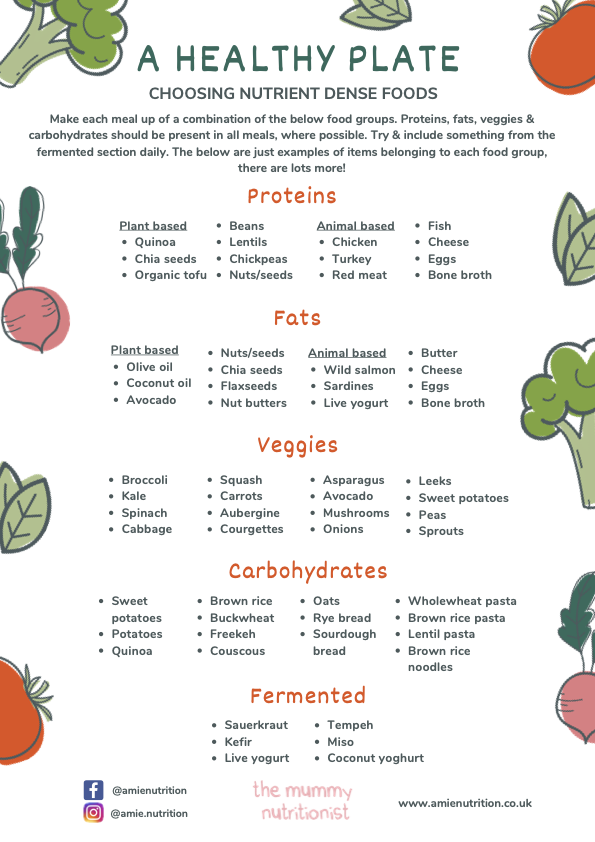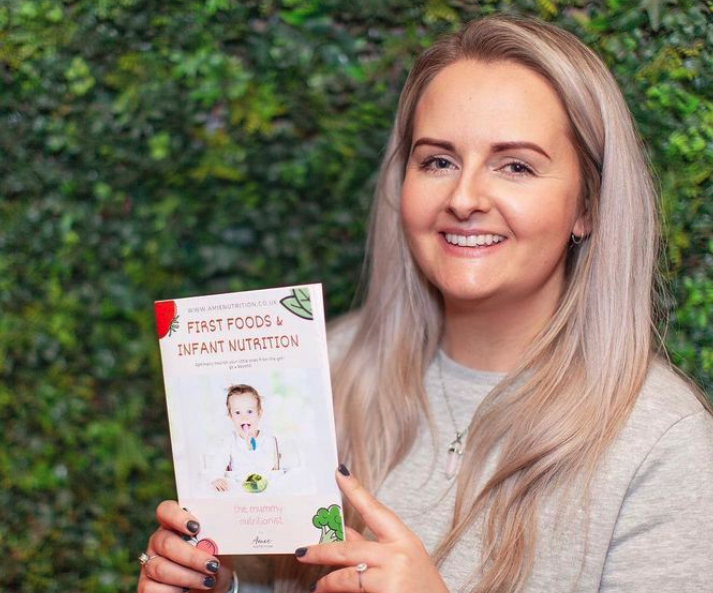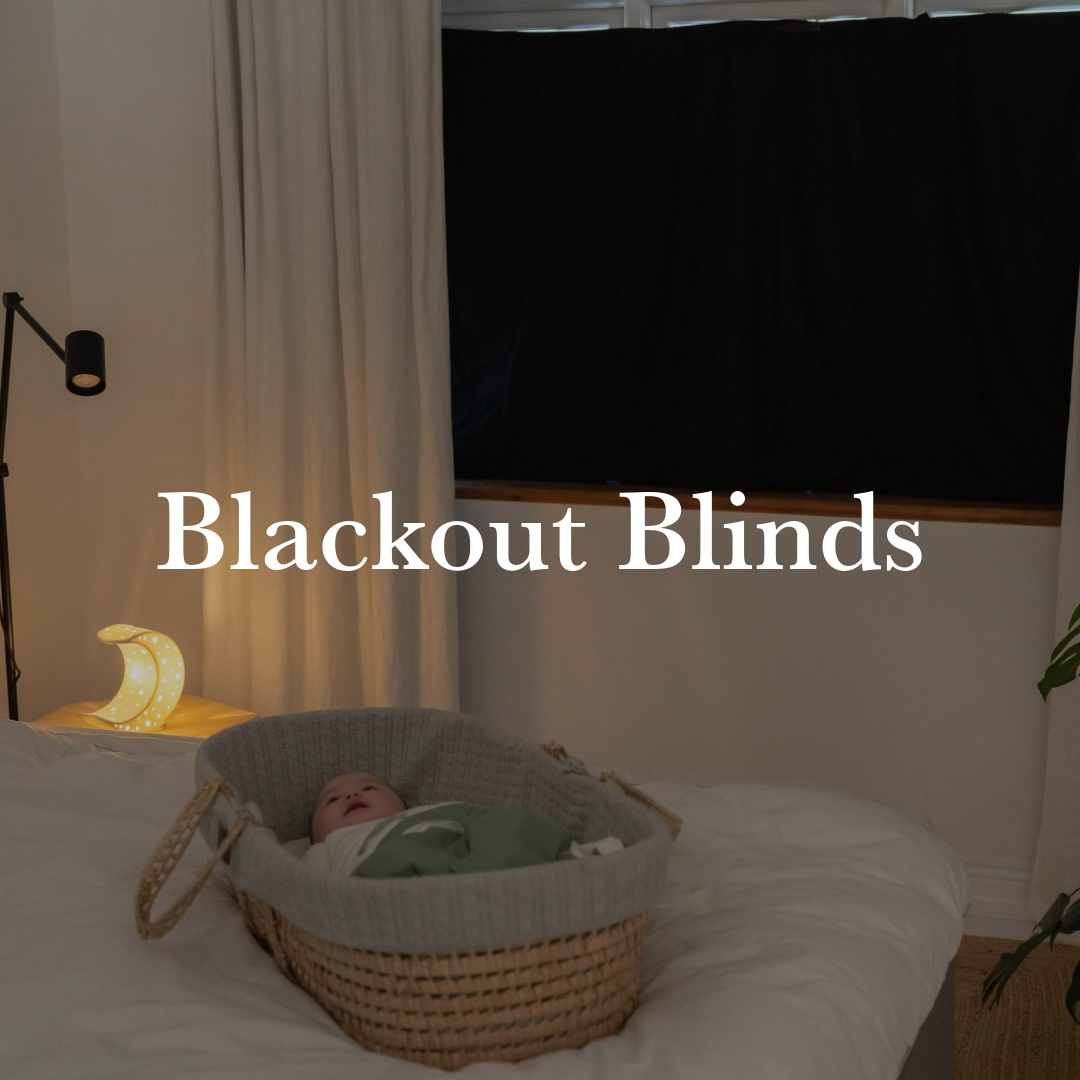
Meet Amie Lunn, our guest blogger and a registered Nutritional Therapist, known as The Mummy Nutritionist. Amie specialises in infant feeding and childhood nutrition, helping families boost their health. She’s created a detailed blog post for us, “Eating for Sleep: Nutritional Strategies to Combat Common Sleep Issues in Kids,” where she dives into how the right nutrition can enhance your child’s sleep quality.
Amie’s post offers actionable advice on balancing blood sugar, timing meals properly, and incorporating key nutrients like Omega-3 and magnesium to support restful sleep. For those looking to delve deeper, Amie has generously offered a 50% discount on her Complete Online Course. Use the exclusive code PUREEARTH50 to access her wealth of knowledge here.
Discover below how small dietary changes can make a big difference in your child’s nightly rest.
Sleep is a crucial component of a child’s overall health and development. Yet despite the best efforts from parents, many children struggle to sleep well. While there are many factors that can influence sleep, one often overlooked aspect is nutrition. The foods children eat, both at bedtime and throughout the day can have a significant impact on their sleep patterns. In addition, children’s long-term nutritional status of some key fats and minerals can also play a role in sleep. This blog post gives you some practical ideas on how you can use food to support your little ones’ shut-eye.

The Blood Sugar Rollercoaster
Blood sugar levels fluctuate throughout the day based on food intake and physical activity. When blood sugar levels spike before bedtime, it can lead to restlessness and difficulty falling asleep. Most parents already know that giving sugar or caffeine to a child close to bedtime is a bad idea, however, even healthy foods can cause a sudden spike in blood sugar and wreak havoc on your bedtime routine. For example, a banana, if eaten alone can cause a large spike in blood sugar, but if we eat the same banana alongside something rich in protein and fats, such as a hard-boiled egg or some nut butter, we can reduce that spike. Have a look at the evening meals and bedtime snacks you are offering your child and check they are ticking the balanced box. I find the foods most commonly missed are protein and fats, you can use my A Healthy Plate guide to help you.
Timing of Meals & Snacks
The timing of meals and snacks can also influence sleep. Eating too close to bedtime can cause discomfort and indigestion, making it harder for children to fall asleep. Ideally, their evening meal should be eaten at least two hours before bedtime. Making sure this is a balanced meal rich in protein will help keep them fuller for longer and reduce the likelihood that they will want to snack before bed. If your child is hungry before bedtime, offer something light that that will promote sleep, such as a banana with some peanut butter, full-fat yoghurt with some chopped apple or my personal favourite is some quick pancakes made by mixing one egg and one mashed banana and frying in a little butter.
Omega-3 Fatty Acids
These are a type of polyunsaturated fat that play a crucial role in many bodily functions. It is essential that we get omega-3 from our diet as the body cannot produce its own. Various research studies have found a link between omega-3 status and sleep, and specifically having higher levels of omega-3 has been associated with fewer sleep disturbances and better sleep among children. The best dietary sources of omega-3 include oily fish (such as salmon, mackerel and sardines) and high quality, grass-fed meats. Flaxseeds, chia seeds, walnuts, avocados, edamame beans and green leafy vegetables also contain omega-3 but in much smaller amounts. Try to include at least one portion of oily fish a week in your children’s diet to support sleep, homemade salmon nuggets are a great way to serve for picky kids.

Maximising Melatonin
Melatonin is our master sleep hormone; its production is hindered by spending too much time indoors during the day and exposure to bright light in the evening. One of the best things you can do for your children’s sleep is to get them outside more, and particularly get them some natural light exposure (about 20 minutes) as close to their wake-up time as possible. This is more difficult in the winter, but just getting them outside as soon as the sun comes up will help. Whilst the best way to maximise melatonin production is through light exposure, there is a nutritional tool at your disposal that can help support melatonin production. Montmorency cherry juice (sometimes called tart cherry) is high in natural melatonin and has been shown to in improve sleep quality and duration. Many children find ‘pink milk’ a helpful aid for a restful sleep, which can be made by mixing 200ml full-fat milk (or dairy free alternative), 50ml Montmorency cherry juice and a teaspoon of raw honey (or more to taste).
Mighty Magnesium
No sleep blog would be complete without the mention of my favourite mineral. Magnesium is known for its calming properties, as it helps relax muscles and ease tension in the body. It also plays a role in regulating melatonin production. Children who lack sufficient magnesium in their diet can experience restlessness, difficulty falling asleep or night wakings. Magnesium-rich foods include oily fish, leafy greens like spinach and kale, nuts, seeds, bananas, and avocados. Including these foods in your child’s diet can support peaceful sleep. Another way to get more magnesium into your children is to use Epsom Salts in the bath, these salts contain magnesium sulphate which can be absorbed through the skin, add one cup to the bath to help your child wind down for bed.
Conclusion
Any change to a child’s diet can be difficult, especially if you have a child particularly sensitive to change or fussy with food. Aim for small, consistent changes and don’t try to change too much all at once. My approach to nutrition is always food first, but targeted supplementation can also be useful for kiddos who are struggling, always consult a registered professional for advice on supplementation in children. Finally, it is worth mentioning that food intolerances can be linked to sleep disturbances in little ones, so it is worth ruling this out if you suspect your child may be struggling with a certain food.
Support Better Sleep
Fabric choice is pivotal in ensuring a restful night’s sleep for little ones. At Pure Earth Collection, we’ve dedicated years to researching and perfecting the most effective sleep fabrics, crafted entirely from organic and natural materials. Our commitment to innovation and quality has earned us over 30 industry awards, with more than 90% of our customers reporting enhanced sleep using our polyester-free, all-season sleeping bags and organic blackout blinds. Explore our award-winning sleep solutions below.




